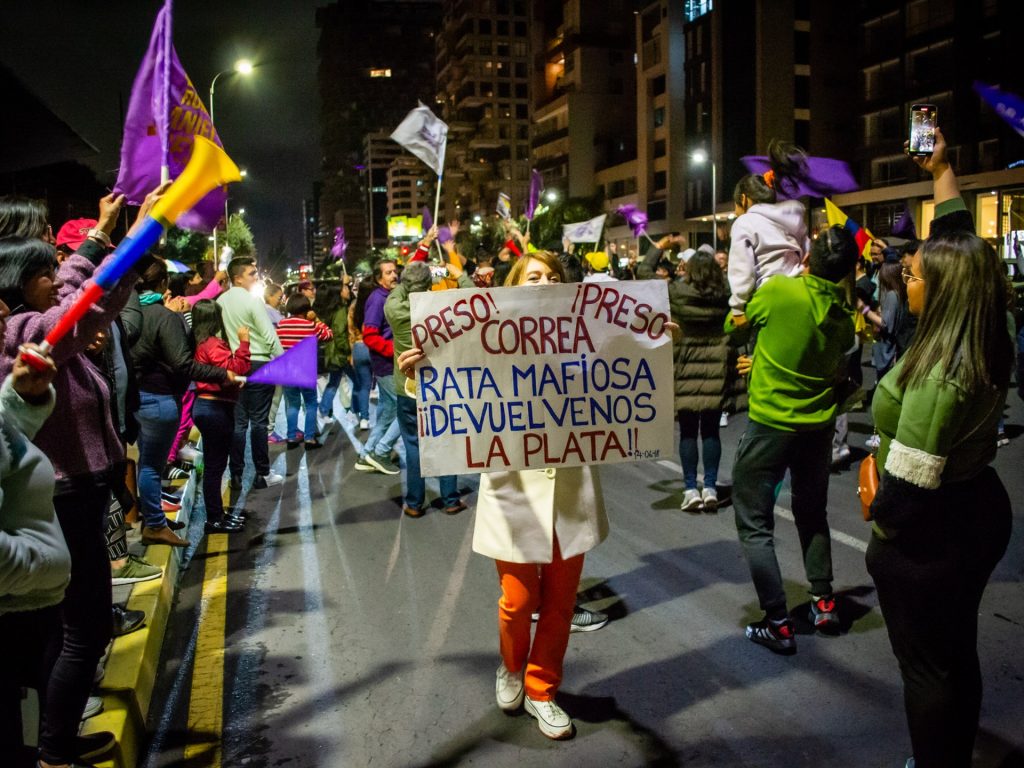Las Pampas, Ecuador has become a hub of anti-mining protests due to the activity of Atico Mining, a Canadian company that has obtained a concession to explore and exploit gold, silver, copper, and zinc deposits in the area since 1996. Local farmers fear that mining operations will jeopardize their water sources and agricultural livelihood, which sustain their community. Atico Mining claims to prioritize sustainable development and adhere to responsible mining practices, but residents remain skeptical, recalling past negative experiences with mining activities in the region.
President Daniel Noboa views mining as a crucial driver of Ecuador’s economy, attracting significant investment and creating job opportunities. The government has signed contracts to further develop sustainable mining projects, including La Plata, emphasizing the need for legal security to attract international investors. Mining currently accounts for a significant portion of Ecuador’s foreign investment and brings potential for economic growth, especially in impoverished rural communities where job opportunities are lacking.
As the global transition to a greener economy highlights the need for rare minerals like lithium, nickel, and copper, Ecuador sees mining as an opportunity for economic growth. Despite concerns raised by Indigenous communities and environmental activists, the government views mining as a vital industry for the country’s present and future prosperity. However, there is a divide among communities affected by mining projects, with some seeing it as an opportunity for job creation and economic development, while others fear negative environmental and social impacts.
Environmental consultations are required for mining projects like La Plata to receive approval from the Ministry of Environment, Water, and Ecological Transition. Local residents in areas of influence are included in these consultations, but those in neighboring communities like Las Pampas feel excluded and voice concerns over potential impacts on their land and livelihoods. Tensions escalate between protesters and security forces, leading to clashes and injuries, raising questions about the consultation process and the rights of affected communities to have a say in decisions that will impact their lives.
International organizations, particularly Canadian humanitarian groups, are monitoring the situation in Ecuador as the government considers signing a free trade agreement with Canada. Such agreements could further boost Canadian investment in Ecuador, particularly in the mining sector, leading to increased socio-environmental conflicts in communities affected by mining projects. Regardless of the outcome of these negotiations, protesters in Las Pampas remain steadfast in their resistance to mining activities, highlighting the deep divisions within affected communities and the need for government accountability and dialogue to address these concerns.















